
The directors of Die Hard and Charlie Wilson's War make a point of showing the imperfections of their leading men. Both Wilson and McClain feel inadequate for the difficult job ahead of them, but they do their best with all the resources and skills available to them. Both McClain and Wilson struggle, they both want to give up, but they both end up succeeding.
John McClain and Charlie Wilson demonstrate true heroism by sacrificing their own priorities for the good of other people. They weren't extraordinary men except for one thing: They both had the chance to make a difference and they took it.
McClain and Wilson exemplify practical courage by taking action for other people's sake despite the inconvenience and pain they had to endure as a result. This is real heroism. It's not physical or intellectual power, but the willingness to sacrifice oneself that makes a hero.
Die Hard and Charlie Wilson's War also demonstrate a genuine quality of manliness. John McClain doesn't want to be stuck in a skyscraper with a dozen well-trained terrorists, but he deals with it anyway. He doesn't enjoy pain and he doesn't want to die, but he faces death and pain anyway for sake of those hostages. McClain is supposed to play the American cowboy-type to some extent, but overall he manages to avoid excessive pomposity. He jokes around, for example, because he might otherwise have a nervous breakdown. We might compare the unassuming, original John McClain to the more pretentious versions that appear in the next three installments (sellout versions) of Die Hard.
The most impressive accomplishment that Charlie Wilson credited to himself was getting re-elected five (or six?) times. He seemed to be good for little more than partying, boozing and womanizing. But he was well-liked. And he happened to sit on the crux of all the U.S. agencies that might help the Afghans fight off the invading forces of Soviet Russia. The magnitude of the suffering and injustice that the Soviets were inflicting on the Afghan people inspired him to realign his priorities and take action. He ended up working night and day for a cause that few people could appreciate to make a difference in millions of lives and, ultimately, help turn the tide of the Cold War.



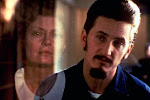


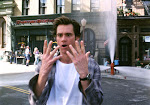
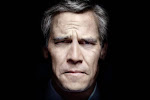

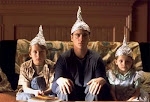

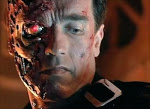
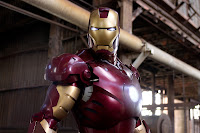






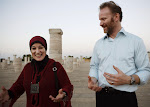



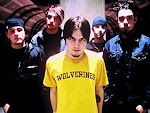

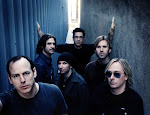
1 comment:
Interesting with Charlie Wilson especially since he was a real person, accurately portrayed in the movie, apparently.
In the DVD extras, the real Wilson says of the boozing, womanizing and slip-sliding portrayed in the movie, "I plead guilty. ... I've cleaned up my act but I don't regret anything. It was a great 10 years (that ended with the Soviets retreating in 1989).
Seems like a greater morality trumped shortcomings in another area. Good man.
Post a Comment